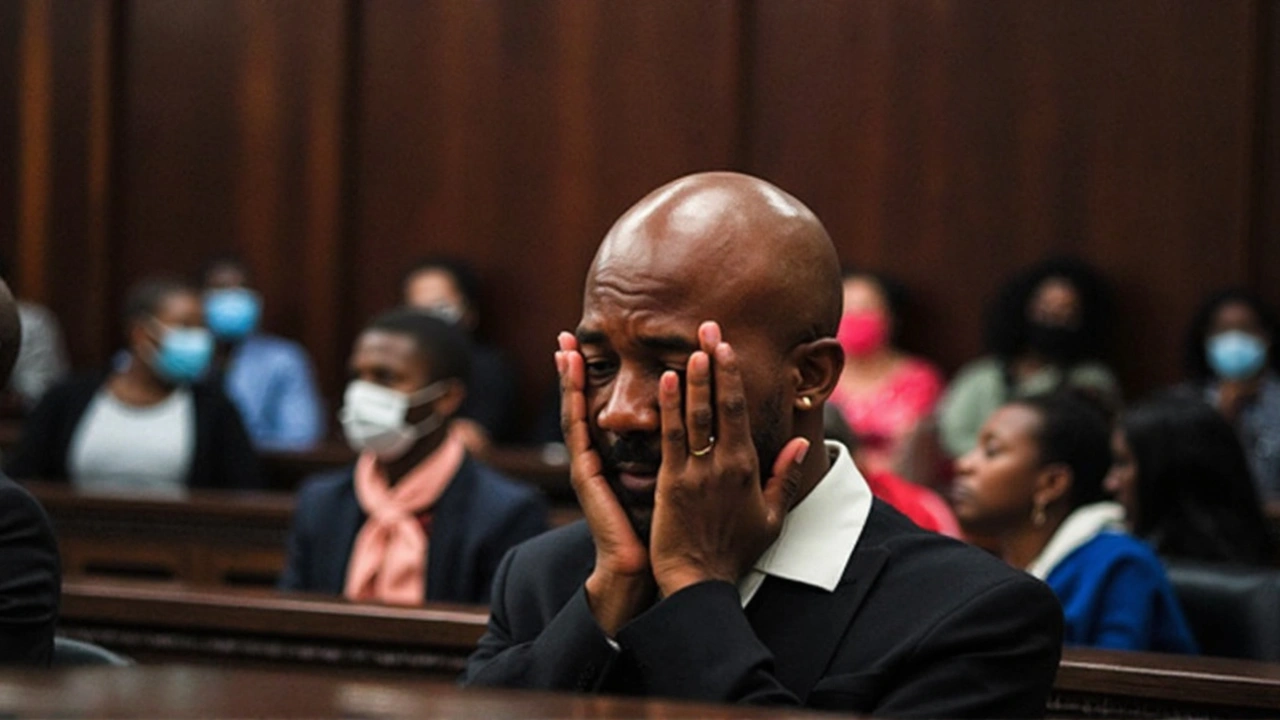Police Corruption: How to Spot, Report and Fight It
Police corruption hurts communities. When officers take bribes, plant evidence, or cover for criminals, public trust disappears and everyday safety suffers. This page helps you recognise common signs, act safely if you face abuse, and use real steps to report wrongdoing.
What police corruption looks like
Corruption can be obvious or hidden. You might see officers demanding money to avoid a charge, taking bribes, or soliciting favours. It also shows up as planted evidence, false reports, or officers protecting organised crime. Less visible signs include slow or biased investigations, ignoring complaints, or a clear pattern where certain people never get justice.
Keep an eye on patterns, not just single incidents. If a neighbourhood repeatedly sees the same officers ignoring crimes, or courts regularly dismiss cases for unclear reasons, that points to systemic problems rather than one bad day.
If you face or witness corruption — clear steps to take
Stay safe first. If a situation feels dangerous, move to a public place and get help. If an officer asks for money or acts unlawfully, try to note these details: badge number, patrol car plate, time, location, and names of witnesses. Where safe and legal, record audio or video—many courts accept this evidence.
Document everything. Write a short, dated account of what happened while it’s fresh. Save any receipts, messages, or photos that connect to the event. If you were injured, get medical records. These items make complaints stronger.
Report the case. Use internal police complaints units, independent oversight bodies (like civilian oversight commissions or inspectorates), or the national human rights bodies in your country. If local options seem compromised, contact a trusted NGO, a human rights lawyer, or a local journalist who covers accountability issues. If you can, file complaints in writing and keep copies.
Look for support. Legal aid clinics, civil society groups, and community organisations often help file claims and protect witnesses. If you fear retaliation, ask about protective measures—some oversight bodies let you submit complaints anonymously or through a lawyer.
Pressure for change works. Push for simple reforms that improve transparency: visible badge numbers, body-worn cameras, public complaint tracking, better pay for officers, and strong independent investigations. Follow cases and demand public updates — attention from local media and citizens groups makes a difference.
At CottonCandi News we track stories of police corruption across the continent. Bookmark this tag to follow reports, investigations, and steps communities are taking to hold leaders accountable. If you have a tip or a verified document, consider sharing it with a reputable watchdog or journalist—your voice can spark real change.
